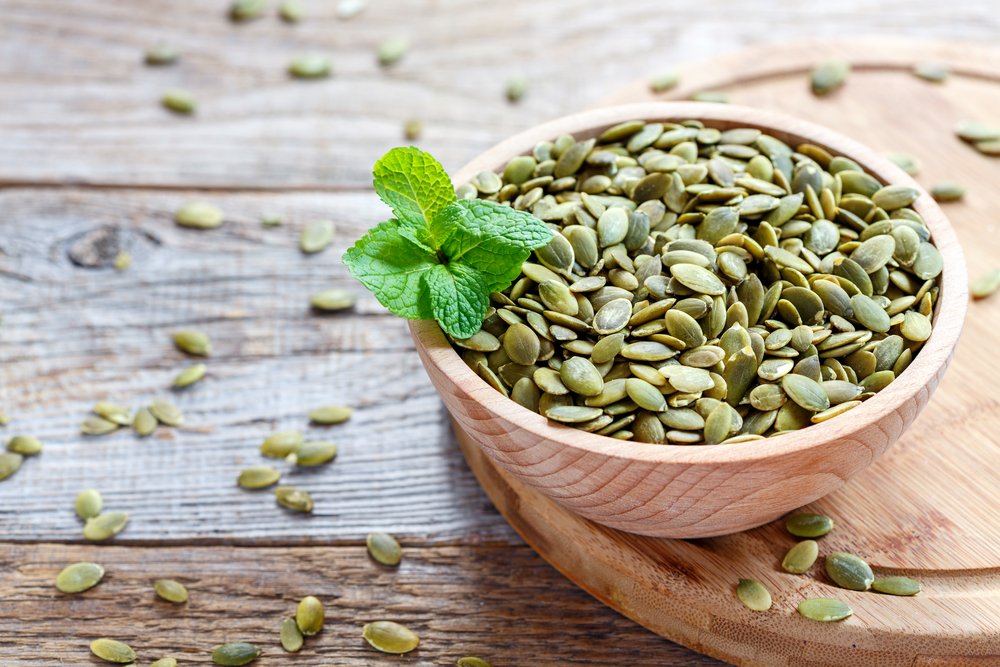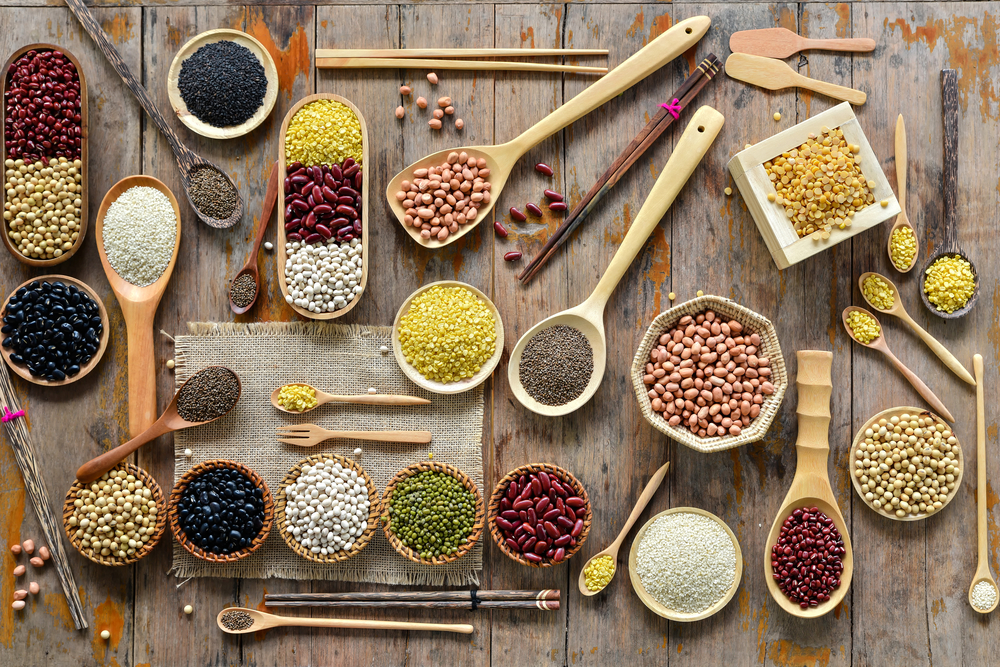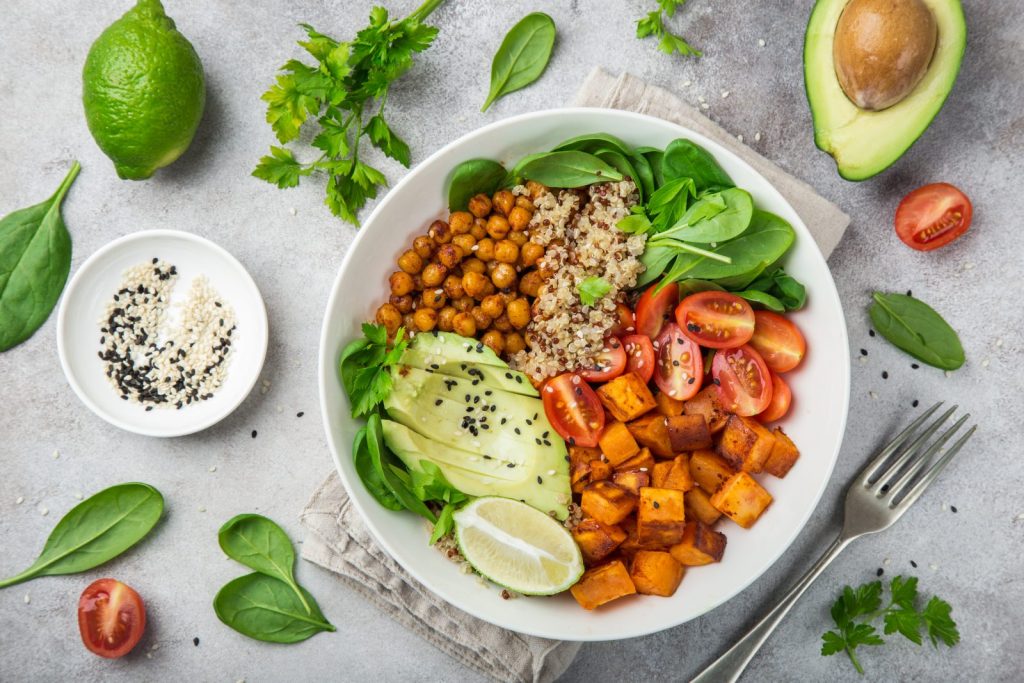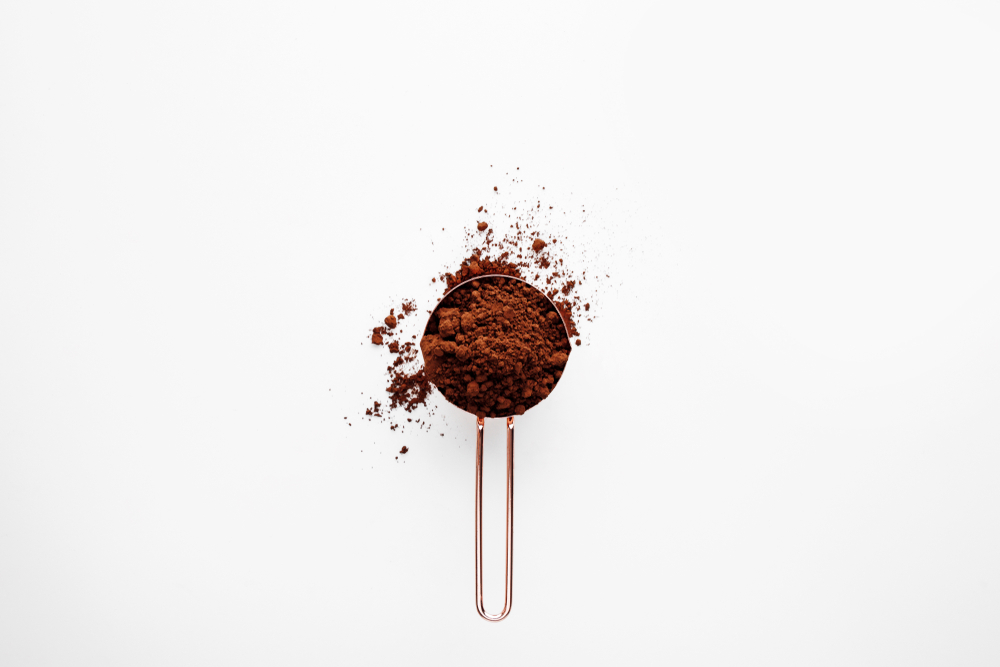
A Beginners Guide To Going Vegan In January
Whether you’ve never tried going vegan, simply dipped your toes in the ever-growing vegan pool, or you’re a vegan enthusiast – why not set yourself goals for 2019 by kicking your year off with Veganuary.
Whether it’s to detox your body, improve your health, make your difference to the environment, or even if you fancy the challenge – Veganuary is a great place to start.
What is Veganuary?
Veganuary is a global campaign that has attracted more than 250,000 people so far. The aim is to challenge yourself to adhere to a vegan diet for the whole of January. Many people that love a challenge, strive on motivation or simply feel better for it, go on to continue the pledge past the month mark, with the most determined of people changing to a complete vegan lifestyle.
Why Veganuary?
For many, a love for animals and/ or passion for the environment and conservation is their driving force towards a vegan diet, and for many others, the health benefits associated with a vegan diet persuades them to embark on this journey.
In terms of health, the dos and don’ts can be a minefield – one week we’re told to eat this and the next it’s that. But with a plant based diet – it’s natural foods, easy choices and the positive research into this is expanding all the time.
The prospect of turning vegan can sound daunting, but it’s actually about simplicity and making the right choices. Plant based foods and supplements offer a broad variety of health (both mental and physical) benefits. Some of these key benefits are outlined below.
- Replacing saturated and trans ‘bad’ fats often found in dairy, meat and processed foods with unsaturated ‘good’ fats, found in nuts, avocados, and various seeds.
 The bad fats are known to raise LDL (bad) cholesterol and lower HDL (good), whereas good fats improve good cholesterol leading to improved cardiovascular health. Healthy, plant-based oils and fats, such as olive oil, provide necessary fatty acids without raising levels of low-density lipoprotein (LDL) cholesterol
The bad fats are known to raise LDL (bad) cholesterol and lower HDL (good), whereas good fats improve good cholesterol leading to improved cardiovascular health. Healthy, plant-based oils and fats, such as olive oil, provide necessary fatty acids without raising levels of low-density lipoprotein (LDL) cholesterol
- Plants are bursting with phytochemicals, compounds that play key roles in fighting type 2 diabetes, cancers, cardiovascular disease and many more. Phytochemicals also boost protective enzymes and complement antioxidants in the body
- Folate (a B vitamin) helps with cell repair, generating white and red blood cells, and metabolizing amino acids (the building blocks of muscles, cells and tissue). A vegan diet is generally high in folate
- Vitamin E is essential in the diet and is abundant in a vegan diet. Vitamin E is good for skin, eyes and brain. Foods high in vitamin E are almonds, spinach, sweet potato, avocado, wheat germ, sunflower seeds and butternut squash
- A vegan diet is effective in improving eye health due to it’s high concentration of antioxidants and active compounds, reducing the risk of cataracts and macular degeneration
- Research shows that eliminating dairy from the diet reduces arthritis symptoms. New studies show that a combination of both vegan diets and gluten free diets reduce pain and discomfort in those with rheumatoid arthritis
- Bone health relies on a balanced intake of protein, adequate calcium intake, high potassium and low sodium. A vegan / plant based diet creates the perfect set up for these elements and therefore prevents bone conditions such as osteoporosis
Common Questions
Q – Where can I get my protein if I don’t eat meat?
A – Lentils, tofu, seitan, beans, chickpeas, hempseed, spelt, nutritional yeast, quinoa, spirulina, chia seeds, soy, nuts, spinach and broccoli and many more. Vegan protein shakes are always a key source of a quick and easy way to increase protein intake, especially after a workout to increase muscle protein synthesis.
Q – Do you get enough calcium if you don’t consume dairy?
A – A vegan diet has shown benefits for the generation of new bone tissue. Vegans have shown more efficient absorption of calcium and bone metabolism, the process where bone tissue is formed.
Q – Will my body be less effective in fighting off illness
A – A plant based diet can counteract genetic likelihood of developing chronic diseases. A 2008 study explains that bioactive compounds in plant foods can control biological factors that may work against the genetic factors linked to certain health conditions. The researchers demonstrated that the antioxidants in plant based foods can combat free radical cells that cause inflammation and cell damage.
Q – Will I be missing essential vitamins and minerals if I eat vegan?
A – Nuts, seeds and leafy greens are a great source of magnesium. Magnesium helps absorb calcium in the body. Eating a variety of plants will provide the body with vitamin C, vitamin A, B vitamins, folic acid, vitamin E and iron.
#toptip – Generally the more colourful you can make your plate the better. The bigger variety of green, red, yellow, orange vegetables, the bigger variety of vitamins and minerals.
Q – Where can I get B12 if I don’t eat meat?
A – B12 can be found in many products fortified with B12 such as nut milks, cereals and B12 supplement tablets.
Q – Where can I get Omega 3 if I don’t eat fish?
A – Essential fatty acids are found in chia seeds, walnuts, hemp seeds, flaxseeds and oils such as algal and perilla.
Give it a go
If this information has busted a few myths or sparked intrigue, then why not join the challenge in a quest to improve the way you feel – and take the pledge for Veganuary.







No Comments yet!